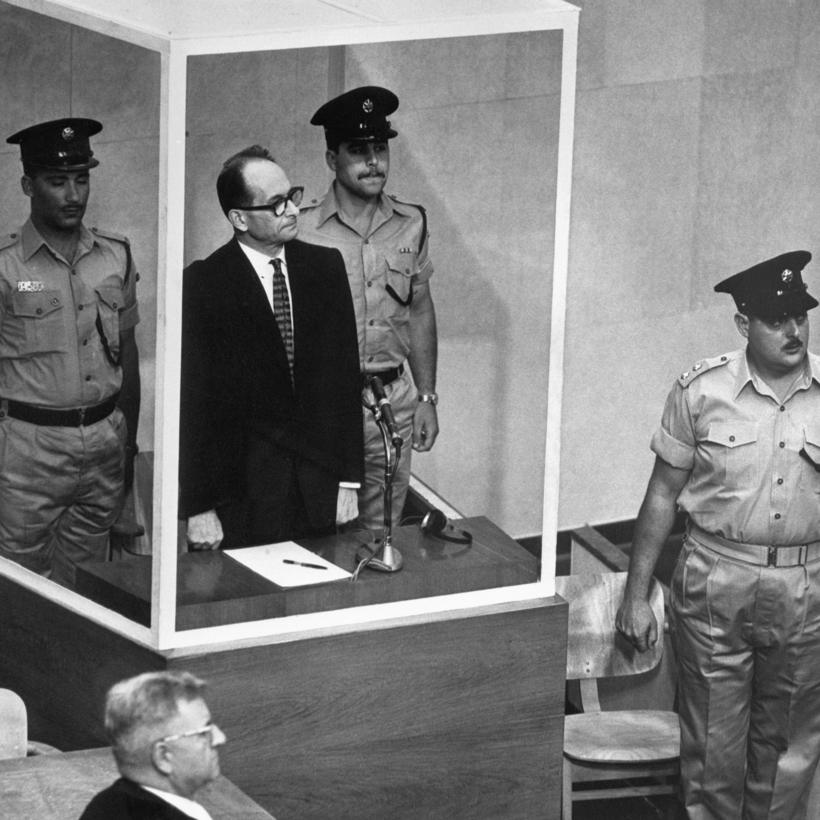As Israel battles back after the humiliation of the Hamas attack on October 7 of last year—with the highly destructive war in the Gaza Strip now metastasized into a war to the death against Hezbollah in Lebanon—the country’s intelligence services are working to remove the damning stain of failure.
“We weren’t responsible,” one Mossad officer told us on condition of anonymity, “because it’s the army and other agencies that watch the Gaza border.”

